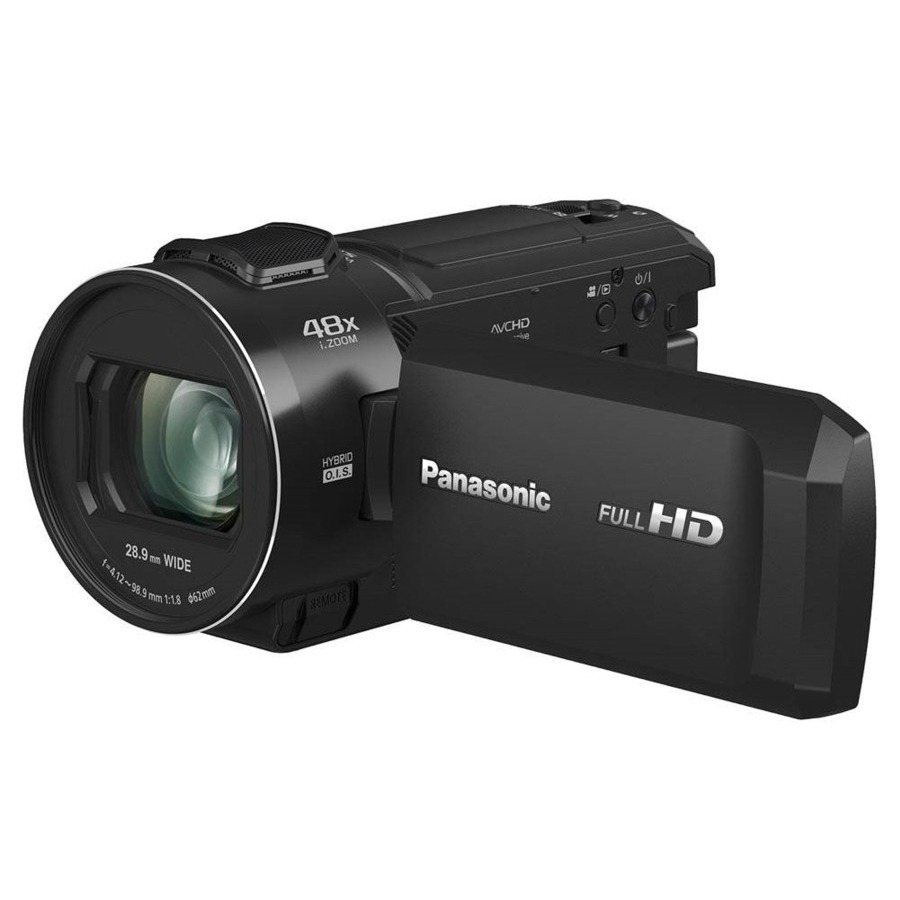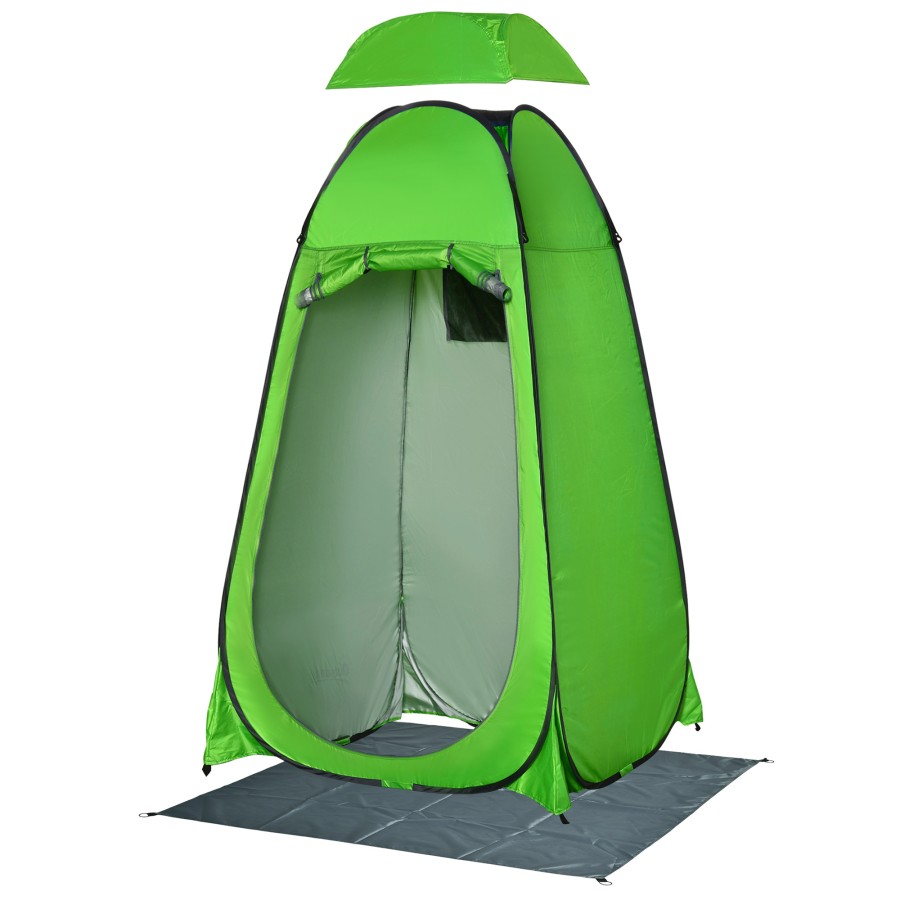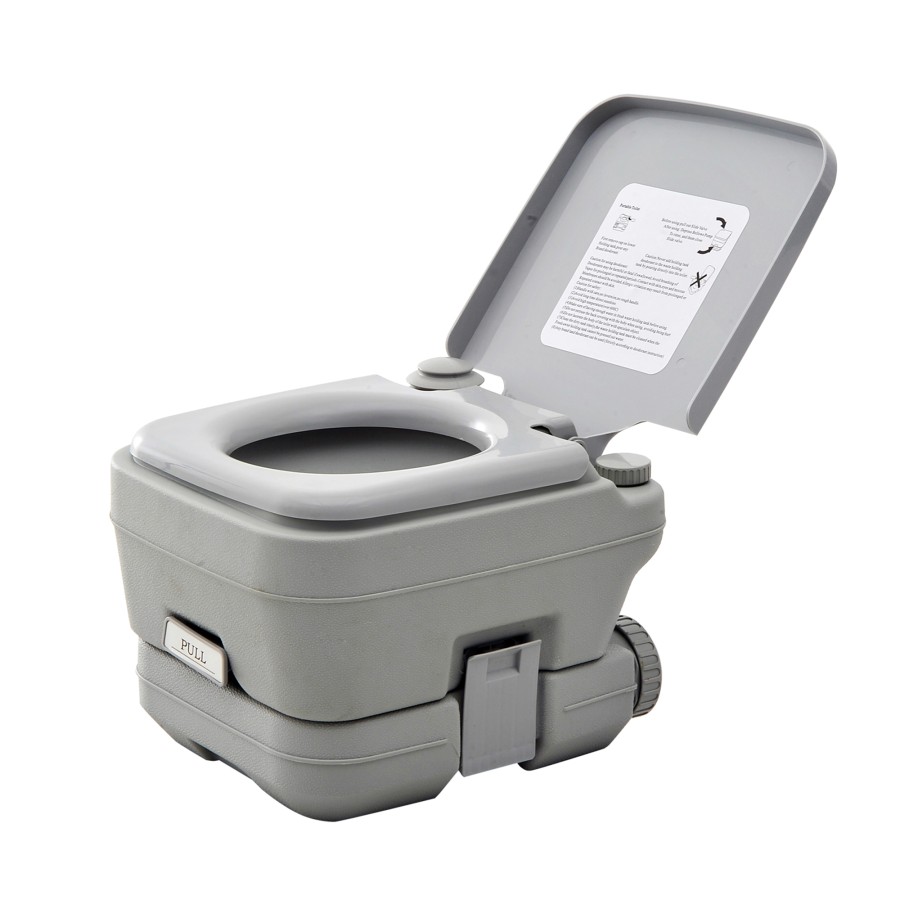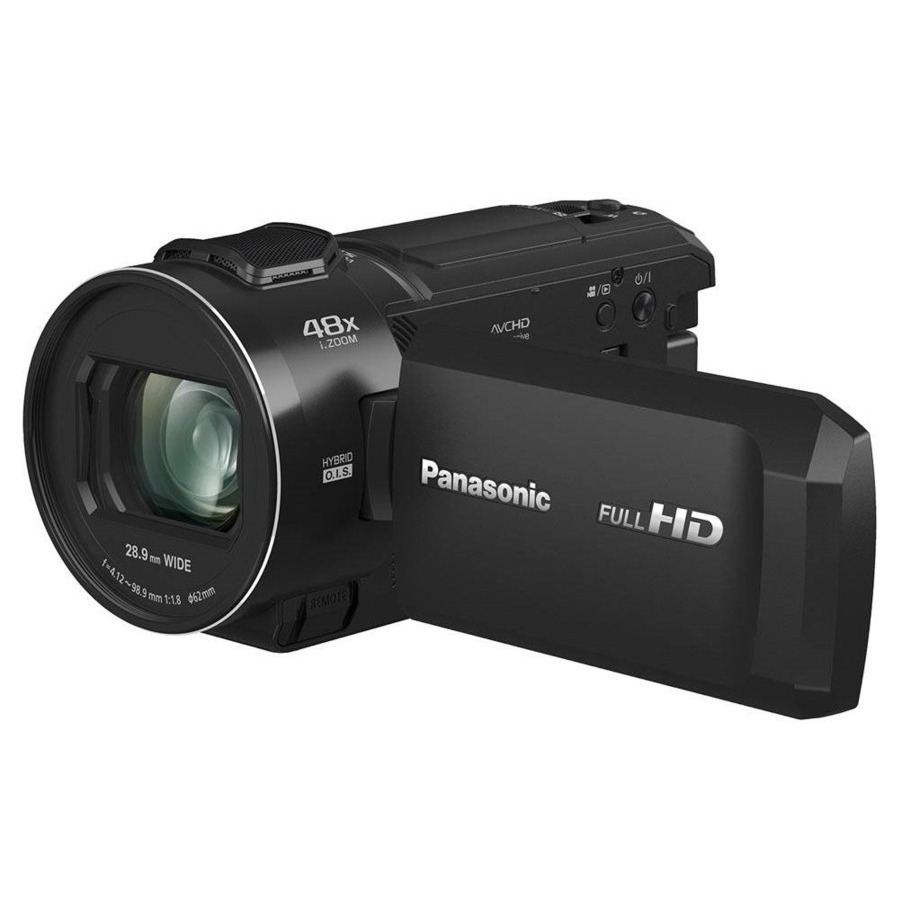
- Themes
- Animals
- Around The World
- Book Characters
- British
- Chocolate Factory
- Cops & Robbers
- Cosplay
- DC
- Doctors and Nurses
- Fairytale
- Funny / Novelty
- Gangster
- Harry Potter
- Hawaiian / Summer
- Heroes and Villains
- Historical
- Army, Air Force & Naval
- Mexican Fiesta
- Pick Me Up
- Pink Cowgirl Hat Aesthetic
- Pirates
- Popstars and Celebrities
- Pre Historic
- Religious
- Sexy Costumes
- Sports
- Star Wars
- Steampunk
- Suits
- Tiger King
- TV, Film and Game
- Wild West
- Wizard of Oz
- Wizards & Witches
- 2000s
- 1990s
- 1980s
- 1960s 1970s
- 1950s
- 1940s
- 1920s

- Cosmetics
- Body Crayons
- Eye Liner
- Fabric Paint
- Face & Body Paint
- Face Jewels
- Fake Blood
- FX Fluids
- Glitter Fixatives
- Glitter Gel
- Glitter Shaker
- Hair Colour Spray
- Hair Gel
- Hair Streaks
- Lipgloss
- Lipstick
- Lip Tattoos
- Loose Glitter
- Mascara
- Nail Polish
- Pigment Shakers
- Pro Face Paint Cake Pots
- Scars, Wounds, Prosthetics & FX

- Accessories
- Bandanas & Scarves
- Belts
- Braces
- Capes
- Elf Accessories
- Eye Lashes
- Facial Hair
- Feather Boas
- Glasses
- Gloves
- Guns, Weapons & Swords
- Hats & Headwear
- Hosiery
- Inflatables
- Jewellery
- Masks
- Masquerade Masks
- Nipple Pasties
- Pacifiers
- Props
- Sets & Kits
- Shoe Covers
- Shoes / Boots
- Sleeves
- Teeth
- Ties & Bowties
- Tutus & Underskirts
- Wigs
- Wings & Wands
- Other

- Gifts by Category
- Alternative
- Balloon Dog Sculptures
- Batteries
- Colouring Books
- Decorative Accessories
- Food & Drink
- Fragrance
- Gadgets & Tech
- Gift Sets
- Gifts for the Home
- Homeware
- Jewellery
- Keepsakes
- Knitting Wool
- Life
- Luggage & Suitcases
- Miscellaneous
- Ornaments
- Personalised Gifts
- Puzzle Books
- Puzzles
- Slippers
- Smoking
- Stationery
- Umbrellas
- Vehicle
- Wallets & Purses
- Warmies


-
- Animals
- Around The World
- Book Characters
- British
- Chocolate Factory
- Cops & Robbers
- Cosplay
- DC
- Doctors and Nurses
- Fairytale
- Funny / Novelty
- Gangster
- Harry Potter
- Hawaiian / Summer
- Heroes and Villains
- Historical
- Army, Air Force & Naval
- Mexican Fiesta
- Pick Me Up
- Pink Cowgirl Hat Aesthetic
- Pirates
- Popstars and Celebrities
- Pre Historic
- Religious
- Sexy Costumes
- Sports
- Star Wars
- Steampunk
- Suits
- Tiger King
- TV, Film and Game
- Wild West
- Wizard of Oz
- Wizards & Witches
- 2000s
- 1990s
- 1980s
- 1960s 1970s
- 1950s
- 1940s
- 1920s
-
- Body Crayons
- Eye Liner
- Fabric Paint
- Face & Body Paint
- Face Jewels
- Fake Blood
- FX Fluids
- Glitter Fixatives
- Glitter Gel
- Glitter Shaker
- Hair Colour Spray
- Hair Gel
- Hair Streaks
- Lipgloss
- Lipstick
- Lip Tattoos
- Loose Glitter
- Mascara
- Nail Polish
- Pigment Shakers
- Pro Face Paint Cake Pots
- Scars, Wounds, Prosthetics & FX
-
- Bandanas & Scarves
- Belts
- Braces
- Capes
- Elf Accessories
- Eye Lashes
- Facial Hair
- Feather Boas
- Glasses
- Gloves
- Guns, Weapons & Swords
- Hats & Headwear
- Hosiery
- Inflatables
- Jewellery
- Masks
- Masquerade Masks
- Nipple Pasties
- Pacifiers
- Props
- Sets & Kits
- Shoe Covers
- Shoes / Boots
- Sleeves
- Teeth
- Ties & Bowties
- Tutus & Underskirts
- Wigs
- Wings & Wands
- Other







-
- Alternative
- Balloon Dog Sculptures
- Batteries
- Colouring Books
- Decorative Accessories
- Food & Drink
- Fragrance
- Gadgets & Tech
- Gift Sets
- Gifts for the Home
- Homeware
- Jewellery
- Keepsakes
- Knitting Wool
- Life
- Luggage & Suitcases
- Miscellaneous
- Ornaments
- Personalised Gifts
- Puzzle Books
- Puzzles
- Slippers
- Smoking
- Stationery
- Umbrellas
- Vehicle
- Wallets & Purses
- Warmies

What do you Need for Camping?
by Darren Butler
Last updated: Apr 28, 2025

Camping is one of the most enjoyable ways to experience the outdoors, offering an opportunity to disconnect from the everyday hustle and immerse yourself in nature. Whether you're a seasoned adventurer or a first-time camper, the key to a successful trip lies in the preparation. Understanding the essential camping gear and supplies you need ensures that you're well-equipped for any challenges you may face. In this blog post, we will explore the must-have items for camping, from shelter and bedding to food preparation and safety essentials, ensuring that your next outdoor adventure is both comfortable and safe.
Shelter: The Foundation of Your Camping Trip
First and foremost, shelter is a priority. A tent is your primary source of protection from the elements, so choosing the right one is crucial. The size of the tent will depend on how many people are in your group, but it’s also important to consider the season in which you’re camping. Three-season tents are ideal for spring, summer, and fall, while four-season tents offer extra durability for winter conditions. Many modern tents come equipped with added features like waterproofing, ventilation systems, and easy-to-pitch designs, making your camping experience more enjoyable. Alongside the tent, don’t forget a ground tarp or footprint to protect the floor of your tent from moisture, dirt, and wear. It’s a small investment that will prolong the life of your shelter.

Bedding: Comfort for a Good Night’s Sleep
Bedding is another area where comfort can be enhanced with the right equipment. A sleeping bag is a must-have, and it’s important to choose one that’s rated for the temperatures you’ll be encountering. Sleeping bags come in various shapes, such as rectangular and mummy, with the latter offering more warmth due to its design that hugs the body. You’ll also need to consider the type of insulation, with down sleeping bags offering lightweight warmth and synthetic bags being more water-resistant and easy to care for. To make your sleep even more comfortable, a sleeping pad or air mattress will provide cushioning and insulation from the cold ground. A sleeping pad can help improve your overall quality of sleep, ensuring you wake up rested and ready for the day’s activities.

Cooking Gear: Preparing Meals in the Wild
When it comes to food preparation, having the right gear is essential for making meals in the great outdoors. A camp stove or portable grill is crucial for cooking, especially if you plan on making more than just simple meals like hot dogs and s’mores. Modern camp stoves are compact and lightweight, often running on propane or butane for easy operation. Along with your stove, don’t forget lightweight cookware such as pots, pans, and utensils. Most camping cookware sets are designed to be durable and stackable, making them easy to pack and transport. A cooler is another important item for keeping perishable food and drinks cold, especially if you're camping in warmer weather or for an extended period.

Lighting: Essentials for Nighttime Visibility
Lighting is another essential aspect of camping. Having a reliable light source is crucial, especially when darkness falls early or if you’re staying in a more remote area with little ambient light. A headlamp is an excellent hands-free option for navigating your campsite or cooking in the dark. Look for one with adjustable brightness settings and long battery life. A flashlight is also useful for general purposes, but don’t forget extra batteries. For ambient lighting, a lantern can brighten up your campsite, making it easier to gather around the fire and enjoy meals or games with friends and family.

Clothing: Dressing for Comfort and Protection
Your clothing choices are another vital part of your camping experience. When selecting clothes for your trip, aim for layers that can be adjusted based on the weather. A moisture-wicking base layer will help keep you dry by pulling sweat away from your body, while insulating layers will keep you warm when the temperature drops. A waterproof outer layer is also essential for protecting against rain or wind. Make sure to pack a sturdy pair of hiking boots or shoes, as well, which are essential for hiking and trekking on uneven trails. Good footwear helps prevent blisters and ensures you can explore your surroundings with ease.

Hygiene: Staying Fresh in the Great Outdoors
Hygiene is important even in the wilderness. While camping, it’s important to bring along toiletries such as a toothbrush, toothpaste, biodegradable soap, and hand sanitizer. These items will help you stay fresh and maintain good hygiene while minimizing your impact on the environment. A quick-drying microfiber towel is a great investment, as it takes up little space in your bag and dries quickly after use. If you’re camping in a more remote area, you may also want to bring along a portable shower or wet wipes for a quick clean-up.

Safety: Being Prepared for the Unexpected
Safety should always be top of mind, which is why a well-stocked first aid kit is essential for any camping trip. A good first aid kit will include bandages, antiseptic wipes, pain relievers, tweezers for splinters, and any personal medications you may need. If you’re hiking or venturing into more rugged terrain, it’s a good idea to pack extra supplies, such as blister treatment and insect repellent. Having a whistle can also be a lifesaver in case you get lost or need to signal for help. It’s always better to be prepared for the unexpected, even if you don’t end up needing to use your safety gear.

Navigation: Finding Your Way in the Wilderness
For navigation, carrying a map and compass is still an essential part of wilderness camping. While GPS devices are convenient, they can run out of battery or malfunction in remote areas. A physical map and compass will ensure you can navigate trails or find your way back to camp if needed. A mobile phone or two-way radio can be a valuable backup, but bear in mind that reception may be limited in remote locations, so always ensure you have a plan in case of an emergency.

Tools and Extras: The Little Things That Make a Big Difference
A multi-tool or knife is another invaluable item that has multiple uses around the campsite, from food preparation to emergency repairs. A fire starter is another crucial item, as it will allow you to build a fire, even in wet conditions. Waterproof matches, a lighter, or a fire starter kit should be packed, as fire is an essential tool for warmth, cooking, and signaling. Finally, it’s important to pack trash bags for packing out all your waste. Leave no trace of your visit, and always clean up your campsite thoroughly before leaving.

Recreation: Enjoying Downtime in the Outdoors
Lastly, don’t forget some entertainment and personal items for downtime. Whether it’s books, card games, or musical instruments, having something to enjoy in the evening around the campfire can make your trip even more enjoyable. Whether you’re spending time with family or simply enjoying a moment of solitude, these activities can enhance your camping experience.
Conclusion:
Camping is a fantastic way to escape from the stresses of daily life and immerse yourself in nature, but to ensure that your adventure is enjoyable, it’s important to be well-prepared. From shelter and bedding to cooking gear, clothing, safety essentials, and navigation tools, there are numerous items that will help you create a comfortable, enjoyable, and safe camping experience. Remember, preparation is key. By packing the right gear and thinking ahead, you’ll be able to make the most of your outdoor adventure, creating lasting memories in the great outdoors. So, gather your essentials, embrace the adventure, and enjoy everything that camping has to offer!
- Menu
- Fancy Dress
- Electronics & Gaming
- Clothing
- Pet Products
- Garden
- Tools & DIY
- Home & Leisure
- Gifting & Parties
- Toys
- Information
- About Us
- Become a seller
- Affiliate Programme
- Frequently Asked Questions
- Returns and Refunds
- Terms And Conditions
- Privacy Policy
- View our blog
- Featured
- View more
- Customer Care
- [email protected]
- +44 (0) 1702 617821
- ILFD Group Ltd T/A Cazaar®
- Company Number: 07034824









































































